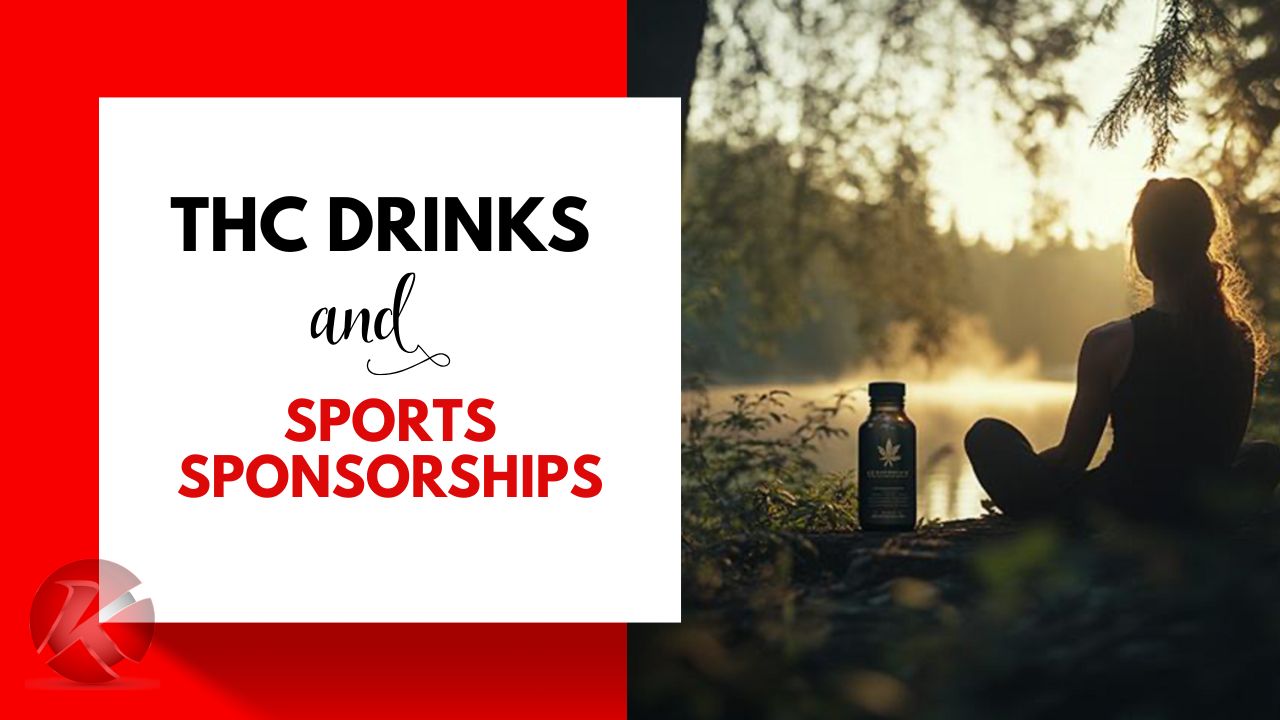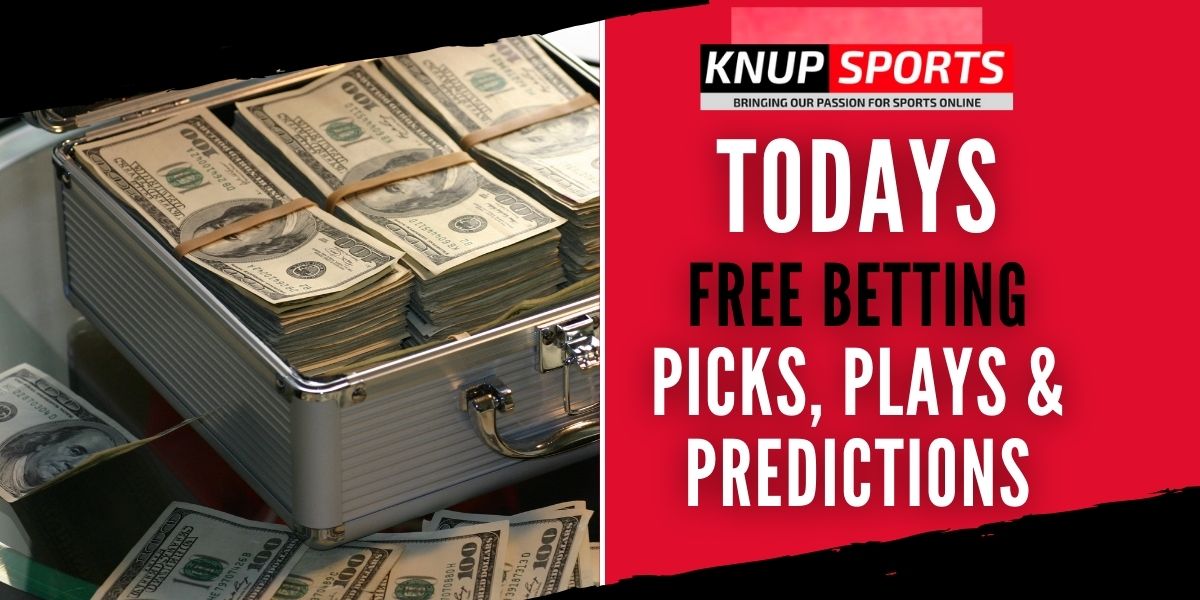In recent years, THC-infused beverages have gained attention as a quickly evolving segment of the cannabis industry. These drinks combine precise doses of tetrahydrocannabinol (THC) with familiar beverage formats like sparkling water, teas, and sodas, and may appeal to a range of consumers seeking alternatives to alcohol. As the recreational cannabis market continues to expand, the idea of THC drink brands partnering with sports events or athletes is a topic of growing interest. However, this potential intersection comes with opportunities and challenges that are still being evaluated.
A Growing Market for THC Beverages
The cannabis beverage market is projected to grow steadily, driven by consumers seeking low-calorie, discreet, and social ways to consume THC. These drinks may also appeal to wellness-oriented consumers who prefer controlled dosing to traditional methods of cannabis consumption. For instance, athletes and fitness enthusiasts might see potential in THC drinks marketed as recovery aids or relaxation tools. Some beverages are even infused with compounds like CBD or terpenes, which may offer complementary effects.
Despite their growing popularity, it’s important to note that THC beverages are still a niche product compared to alcohol or other non-alcoholic alternatives. Factors like regulatory hurdles, limited distribution channels, and lingering stigma around cannabis products could slow widespread adoption. Moreover, while anecdotal evidence suggests some athletes use THC or CBD to aid with recovery or stress management, more research is needed to fully understand how these substances might interact with physical performance or recovery processes.
THC Drinks in Sports Sponsorships: Opportunities and Appeal
Sports sponsorships have long been a powerful marketing tool for companies looking to connect with broad and engaged audiences. For THC beverage brands, sports partnerships could provide a platform to introduce their products to fitness-conscious or health-aware consumers.
For example, some smaller events or niche sports may be open to sponsorships from cannabis companies, particularly in regions where cannabis use is fully legalized. These partnerships could focus on promoting THC beverages as part of an active lifestyle or as a post-activity recovery option. By aligning with such events, brands could normalize cannabis products in the same way that alcohol brands have positioned themselves as integral to social and sporting occasions.
It is worth noting that THC beverage companies would benefit from the broader shift in public attitudes toward cannabis. As more states and countries legalize recreational cannabis, the stigma around THC products may continue to decline, potentially creating a more welcoming environment for such sponsorships. However, the degree to which this normalization will impact sports sponsorships is uncertain and likely depends on the continued evolution of cannabis-related regulations.
The Hurdles: Regulations and Ethical Considerations
One of the main obstacles for THC beverage brands entering the sports sponsorship space is the complex and fragmented regulatory landscape. In many jurisdictions, cannabis companies are prohibited from marketing their products in ways that might appeal to minors. Sports events often have family-friendly audiences, making it difficult for THC brands to navigate this restriction without risking fines or public backlash.
Additionally, sports organizations may hesitate to partner with cannabis brands due to concerns about maintaining their reputations and sponsorship revenue streams. High-profile leagues and events, such as the NFL or the Olympics, often have sponsorship deals with major alcohol or soft drink companies, and cannabis brands might face resistance from these established players.
Ethical considerations also arise. Critics might argue that promoting THC drinks in the sports world could send mixed messages, particularly if the sponsorships target younger audiences. Sports organizations and sponsors may need to address these concerns carefully to avoid potential pushback.
What the Future Might Hold
While integrating THC beverage brands into sports sponsorships is not without its challenges, it remains a possibility that may gain traction as laws and social attitudes toward cannabis continue to evolve. For brands, smaller or niche events could serve as a testing ground for sponsorship campaigns that align with wellness and recovery narratives. Educational initiatives that promote safe and responsible consumption might also help mitigate concerns.
However, more research is needed to understand how THC interacts with athletic performance and recovery and to ensure that any claims made by THC beverage brands are backed by robust scientific evidence. For now, the sports sponsorship market presents both an opportunity and a challenge for THC beverages, offering a glimpse into the complex dynamics between emerging industries and traditional advertising platforms.






